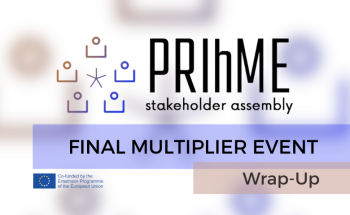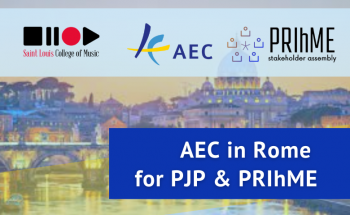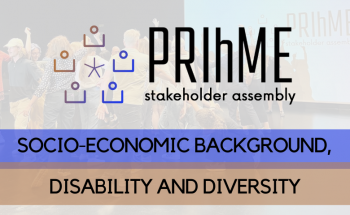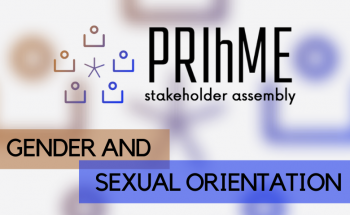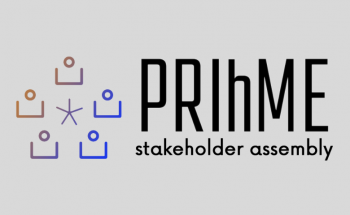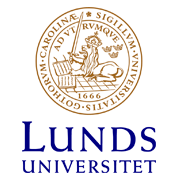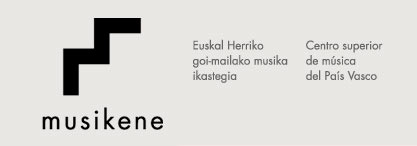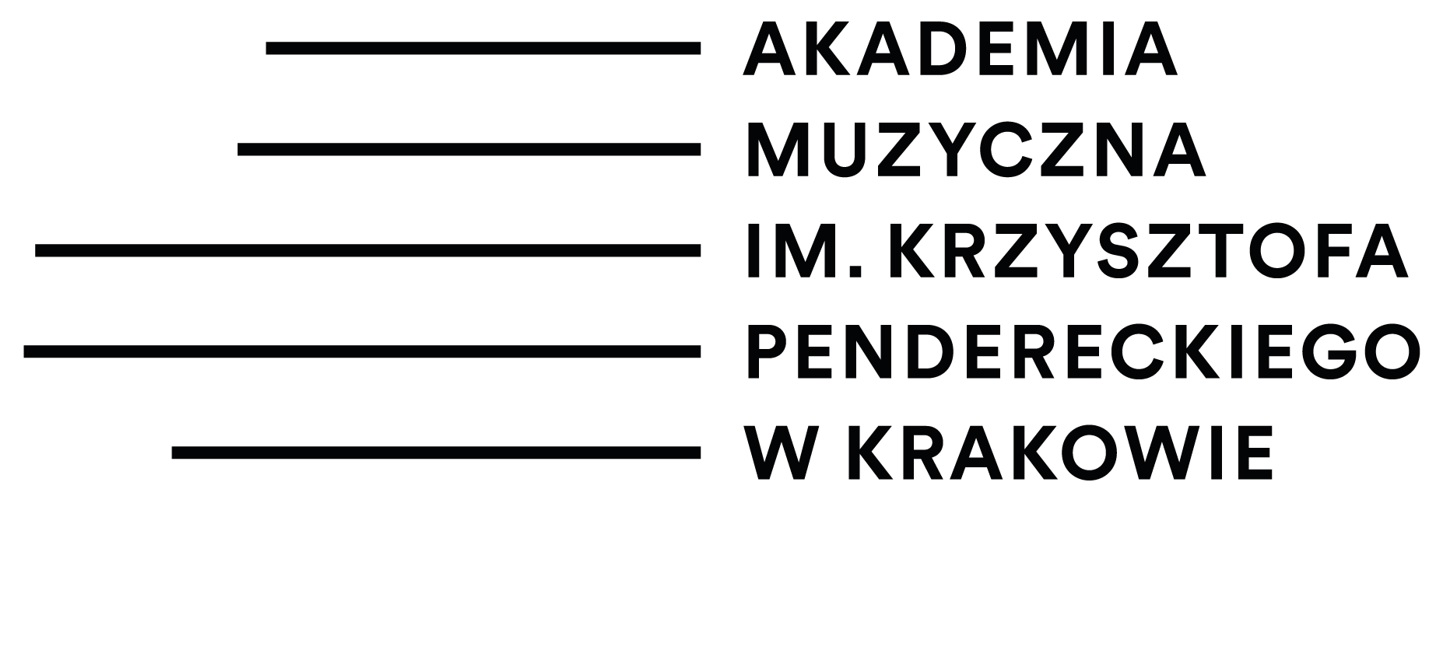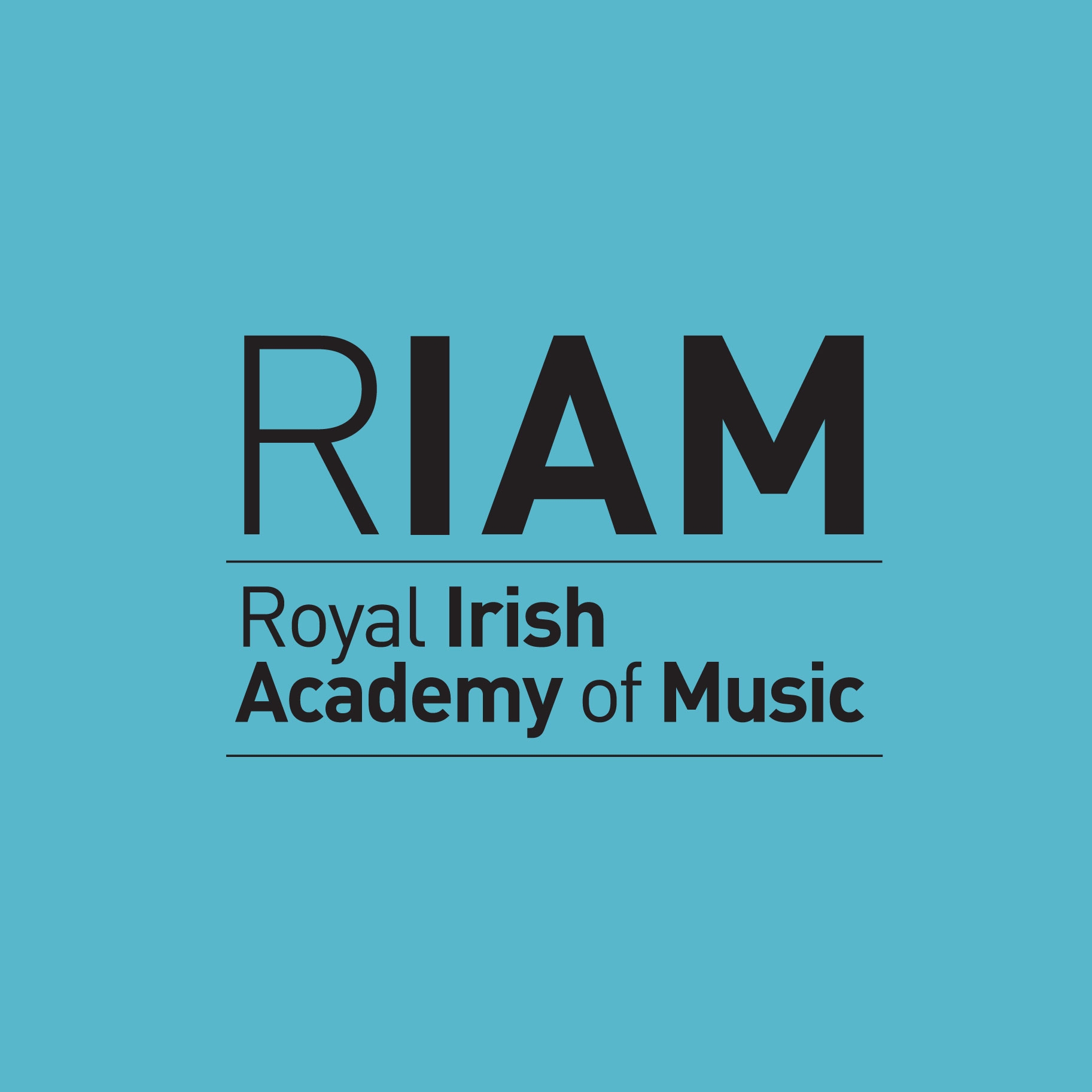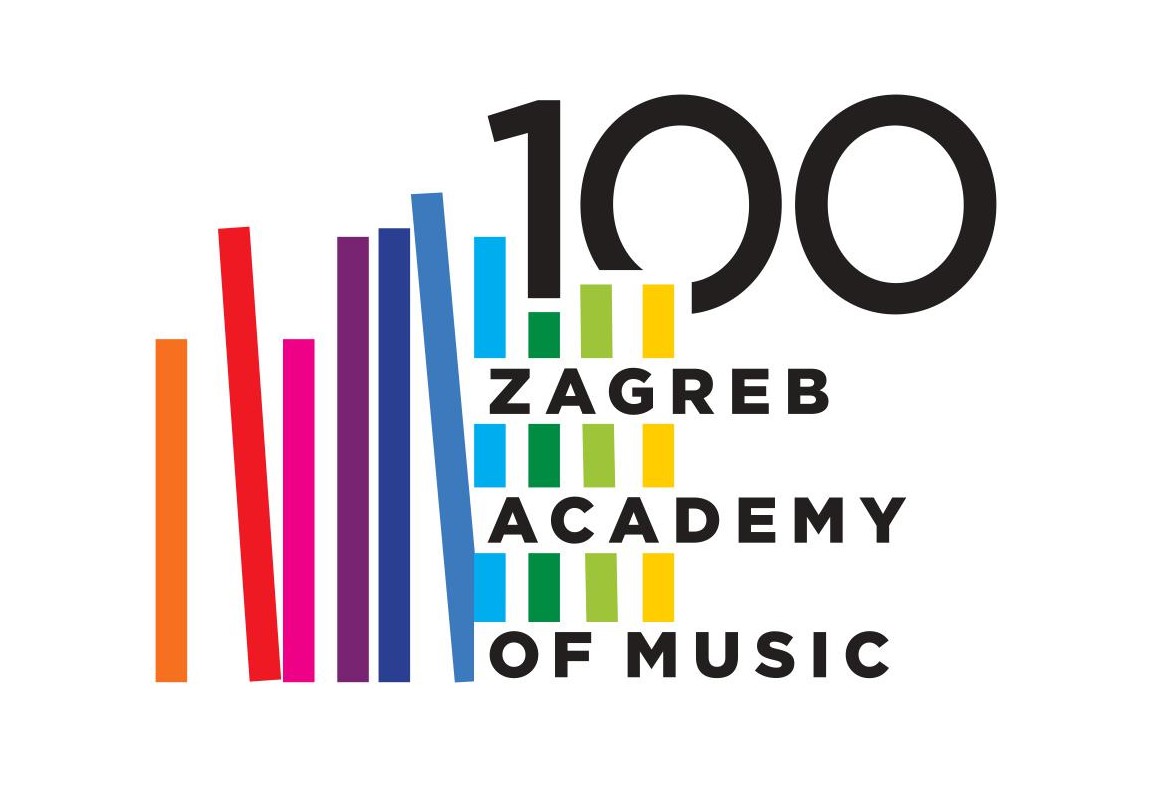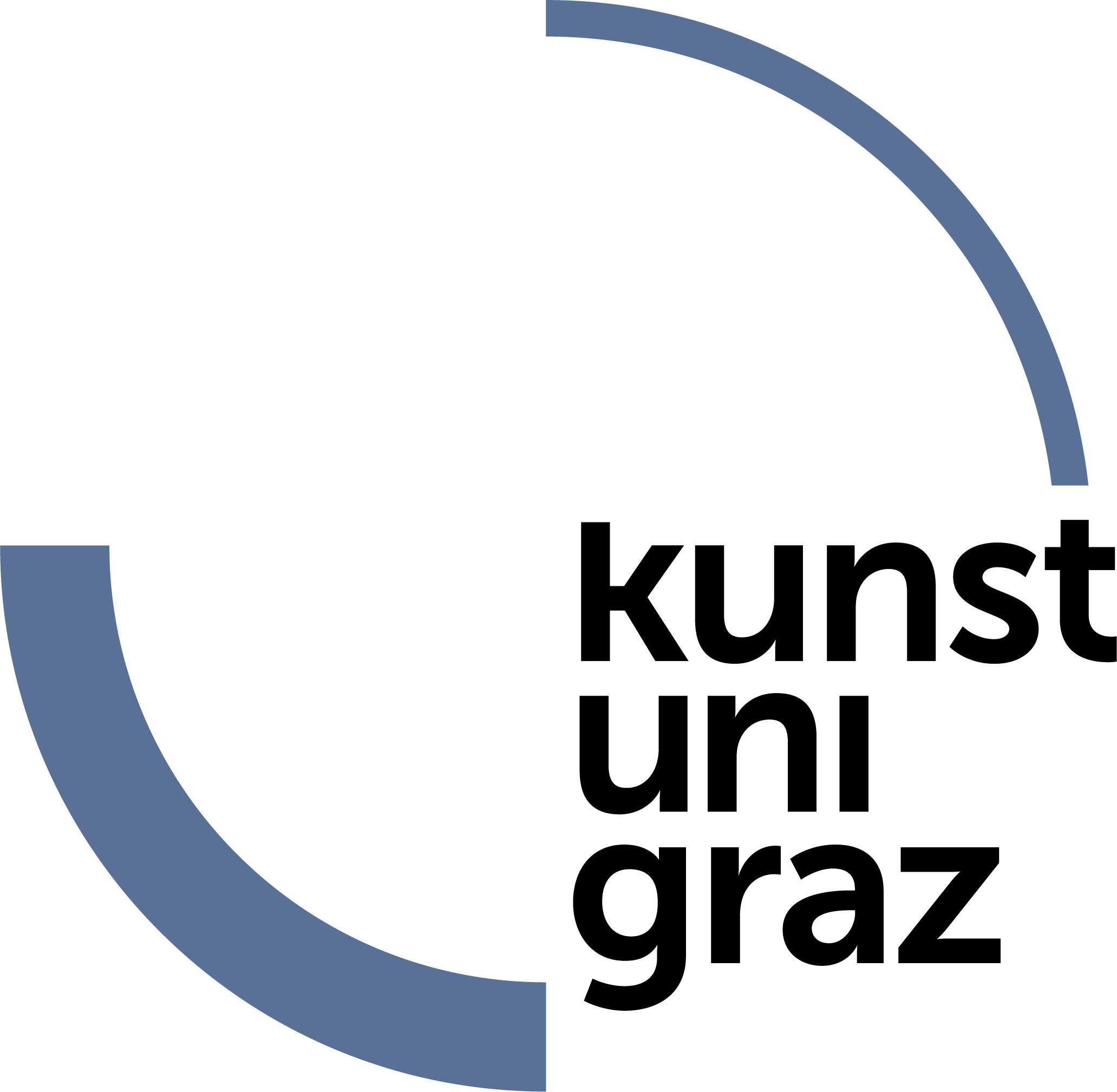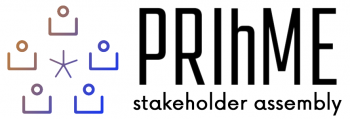
Related news
AEC Members Involved
PRIhME – Stakeholder Assembly on Power Relations in Higher Music Education
PRIhME is the first attempt to address how power relations inequities in higher music education can adversely affect our culture, our places of study and work. Power relations in the musical context are nuanced and complex because they have pedagogical relevance and can affect [mental] health both during studies and in the workplace.
To create strong institutions and healthy learning environments, we believe it is essential to address power and create a commonly shared understanding of the norms and traditions in which we work.
AEC and the partner’s goal was and still is to foster a safe and healthy sector in which we can train and educate creative and socially engaged performing artists through policy recommendations and examples of best practice.
PRIhME has thus worked with the following four themes in four Stakeholder Assemblies:
- Understanding Power Relations and Music
- Sexual Orientation and Gender
- Socio-Economic background & Disability
- Artistic Standards
The Assembly has come up with these final recommendations for the HME sector.
The 50-person PRIhME Stakeholder Assembly included students, teachers and administrative personnel from 9 European institutions and met regularly to address these four themes. Special attention was given to geographical spread, social and cultural backgrounds, expertise in social inclusion and civic engagement.

